إنسانية 🕊️
إنسانية 🕊️
نزعت الخطاف من فم احد القروش وعند مشاهدة القروش الاخرى لذلك صارت القروش تأتي لنفس المكان لنزع الخطاف من فمها علما ان هذه القروش لا تحب ان يلمسها احد.
هذا في البهاما والغواصة ،خلال الـ 15 سنة الماضية ، أزالت 250 خطاف.
More Posts from Green-notebooks and Others

How to make your own low-tech vertical farm
The Belgian professor Willem Van Cotthem seems to have designed a do-it-yourself vertical kitchen garden system that truly deserves the low-tech label. On his blog, “Container gardening”, he explains how to transform normal plastic bottles into efficient containers (and a container rack) for growing all kinds of plants, even young trees (to be transplanted when reaching sufficient height). The beauty is that the water supply can be automated without the use of electricity
Read more…
More on solarpunk education:
So I made a big post about cooperative, age-appropriate games as a solarpunk education method, but in my ideal solarpunk world that would only be one aspect of education. Here are some other education ideas bouncing around in my head. Like cooperative games, they all require a lot of time, knowledgeable teachers, and community investment, but I think they would lead to healthier, enthusiastic people, fully prepared to live well and be lifelong learners.
Food Science Education: Starting at a young age with simple gardening and cooking, stuff that young kids can get really excited about. As kids age, folding in the complete science of where food comes from, its relationship with the ecosystem, how to preserve it, and how to prepare it.The idea being that by the time you’re an adult you should have the tools to competently feed yourself even if you end up focusing on other things.
Relationship Education: An improvement on sex ed. Much of the same content, but expanded with more information for all genders and sexualities, and good, non-scare tactic science on the human body, reproduction, contraceptives, stds, and common communicable illnesses. Also, workshops on healthy relationship communication, self-care, meditation/introspection/self-knowledge, basic first aid, how to help friends in the midst of crisis or mental illness, how to recognize predatory/manipulative/abusive behaviors (in sexual situations and otherwise oh my god it’s so important, why aren’t we taught this early and often?), some basic childhood development stuff.
Artistic Expression & Upcycling: Art classes which would cover art theory and allow for a lot of self-expression, but would also teach young adults to make and repair their own clothing, use basic woodworking tools, work with ceramics, safely fiddle with metals and basic electronics, and other practical “specialty” skills necessary for a world with less waste.
Rotating Apprenticeships: Starting out as small group field trips for younger kids, and evolving into longer choice-based apprenticeships in areas of interest, maybe taking up one day per week for high school aged kids. The community members involved in this experience wouldn’t necessarily give lessons on their livelihood – for example a farmer with a deep knowledge of medieval history and geology could focus on one of those subjects if they chose. This would give adults in the community a chance to delve deeper into subjects they loved, and kids a chance to learn a subject from someone truly enthusiastic.
Questing/Journeyman years/other travel: I know there are plenty of posts on solarpunk travel, but in an educational context I imagine it as a continuation of rotating apprenticeships. This would be a time for young adults to visit people and places related to their areas of interest. It could be very specific (like meeting and working with 5 scientists on 5 continents while studying food sustainability) or a more general exploration (visiting some great museums, WOOFing, contributing to public art, and journaling about the experience while trying to decide what to do next).
Independent Project Salons: This would be a way to tie together celebration, community, and education. Informal salon settings would be a great place for young adults doing independent study or in the midst of travel to meet and talk about their experiences and ideas, and maybe show off their work. Possibly hosted by retired folks who could organize food and drink, introduce topics and guests, and add the benefit of their own experiences.
What other kinds of solarpunk educational programs do you love the idea of?
New 'e-dermis' brings sense of touch, pain to prosthetic hands
Amputees often experience the sensation of a “phantom limb” – a feeling that a missing body part is still there.

That sensory illusion is closer to becoming a reality thanks to a team of engineers at the Johns Hopkins University that has created an electronic skin. When layered on top of prosthetic hands, this e-dermis brings back a real sense of touch through the fingertips.
“After many years, I felt my hand, as if a hollow shell got filled with life again,” says the anonymous amputee who served as the team’s principal volunteer tester.
Keep reading

The first ever report on the state of the world’s fungi has today revealed that if the natural properties of fungus can be harnessed and developed, plastic could be broken down naturally in weeks rather than years.
Kew Gardens and a team of over 100 scientists from 18 countries have compiled the paper, which shows how different organisms can decompose plastics, clean up radioactive material and even speed up the production of biodiesel.
Found last year by a team of Chinese scientists on a rubbish dump in Pakistan, Aspergillus tubingensis breaks down bonds between plastic molecules and then splits them using its mycelia. The process takes a matter of weeks, rather than the decades it usually requires for plastic to naturally disintegrate.
“This ability has the potential to be developed into one of the tools desperately needed to address the growing environmental problem of plastic waste,” says the report.
Speaking yesterday at Kew Gardens, senior scientist Dr Ilia Leitch said: “This is incredibly exciting because it is such a big environmental challenge. If this can be the solution, that would be great.
“We are in the early days of research but I would hope to see the benefits of fungi that can eat plastic in five to ten years.”
A recent Telegraph investigation showed that British plastic sent to Poland to be recycled was actually being burned, spewing dangerous toxic particles into the atmosphere.
It is hoped that fungi could revolutionise the recycling process and provide a sustainable decomposition method for plastics.
The report also seeks to enhance the image of fungi, citing its importance in beer (yeast), penicillin, washing powder and cheese.
The most famous type of fungi - mushrooms - are consumed the world over, with the market for edible species worth £32.5 billion.
In an effort to find out which ‘lost’ species are truly extinct and which species are simply under-recorded due to lack of survey work, Kew runs a ‘lost and found fungi’ citizen science project.
Read More


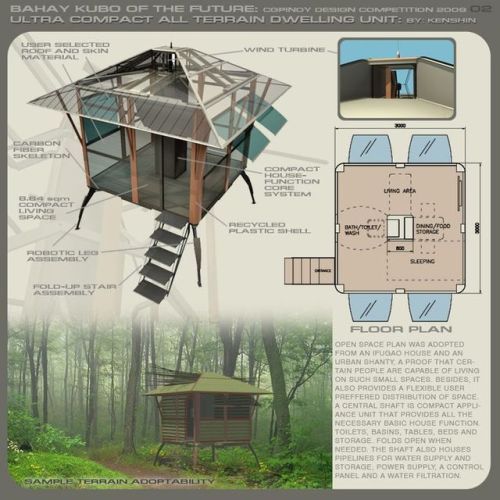




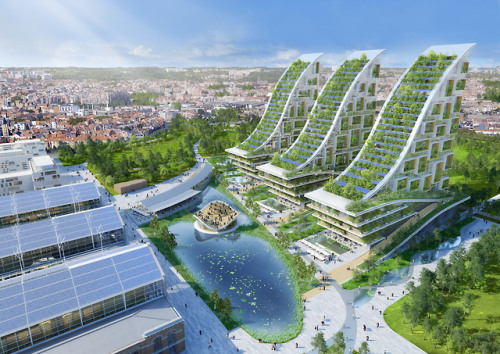

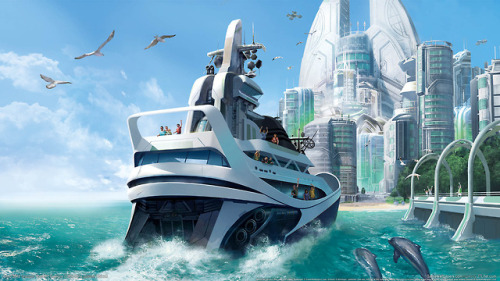
Concept: Wakandan-inspired futuristic Philippines or Neo-philippines!
its been p common knowledge for decades that light pollution can be massively reduced by just putting shades on streetlamps, and that doing that would save energy, help wildlife, and let us see the stars better, but are society says if u wanna change any minor little tiny thing u gotta dedicate ur whole life to campaigning for it and this is a good ways down the list of priorities for most ppl, so instead i gotta walk past newly-installed streetlamps that are just dumb glass globes that use half their electricity to blast half their light directly into the sky where it does only bad things for no reason and think "we should overthrow the government"
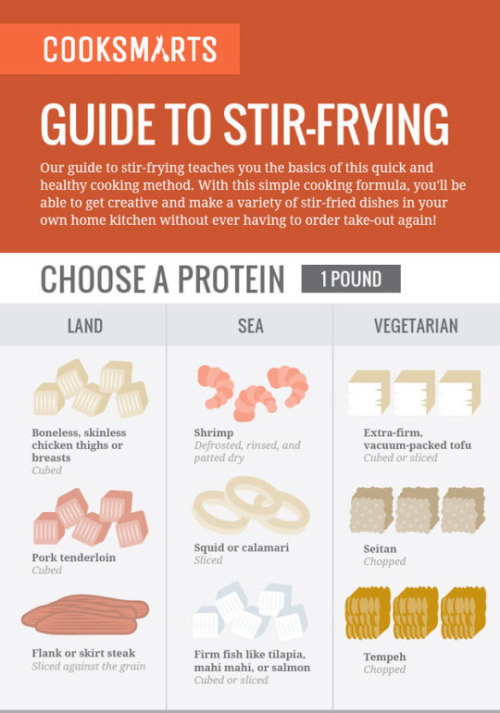
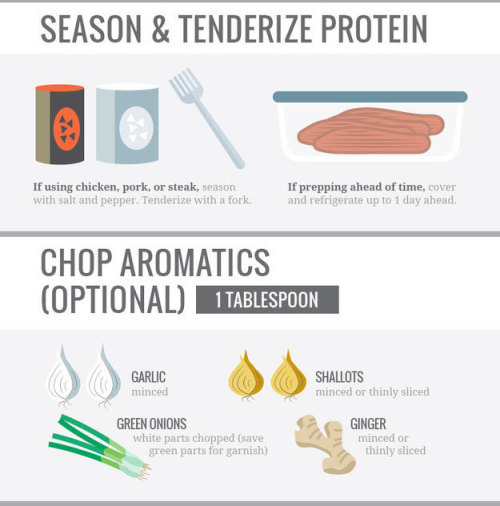

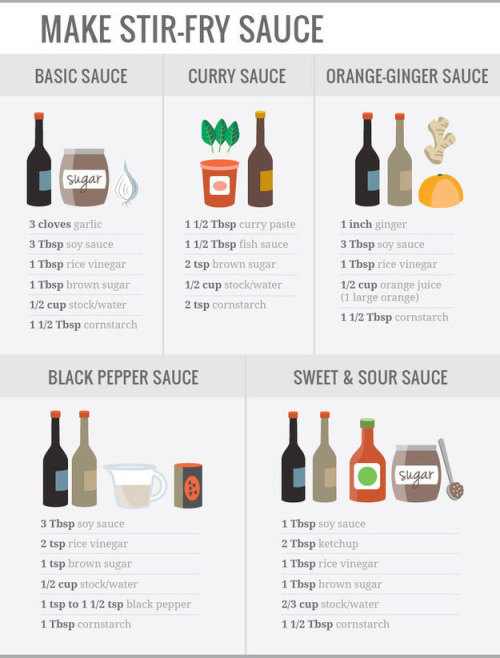



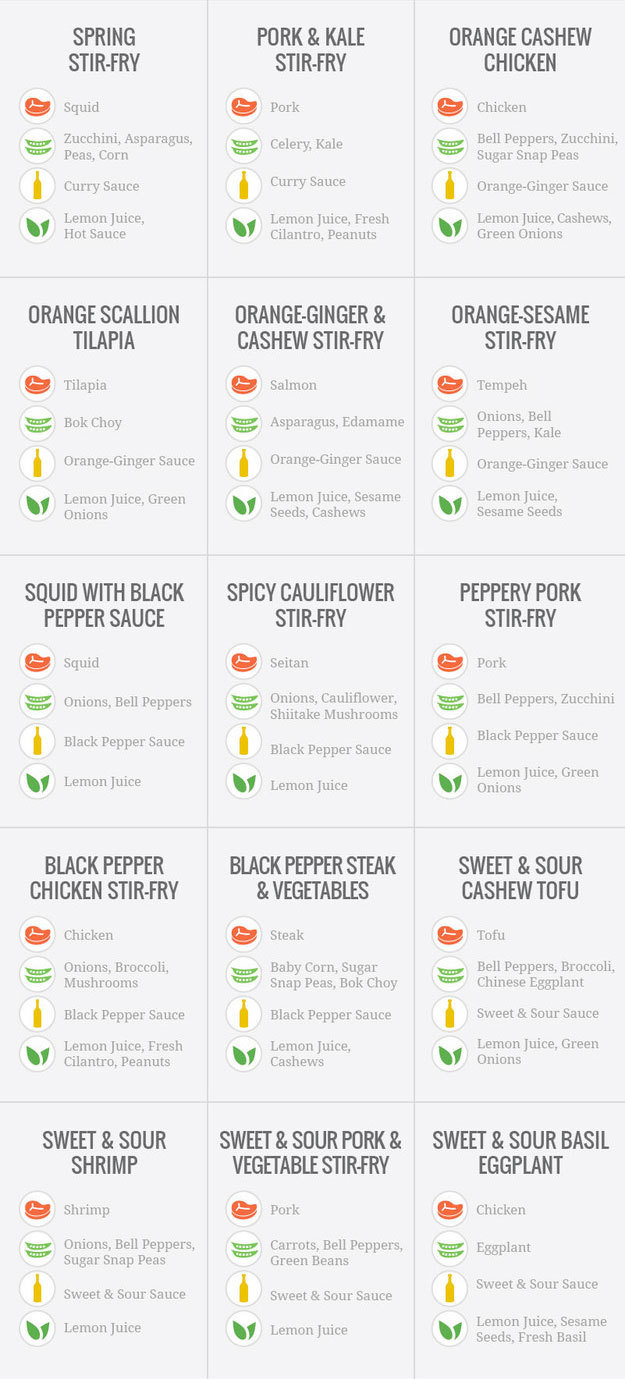
Easily Paleo-ified with some tweaks to the stir-fry sauce.
Love healthy food & fitness? Follow Awesome Fitness Recipes on Instagram


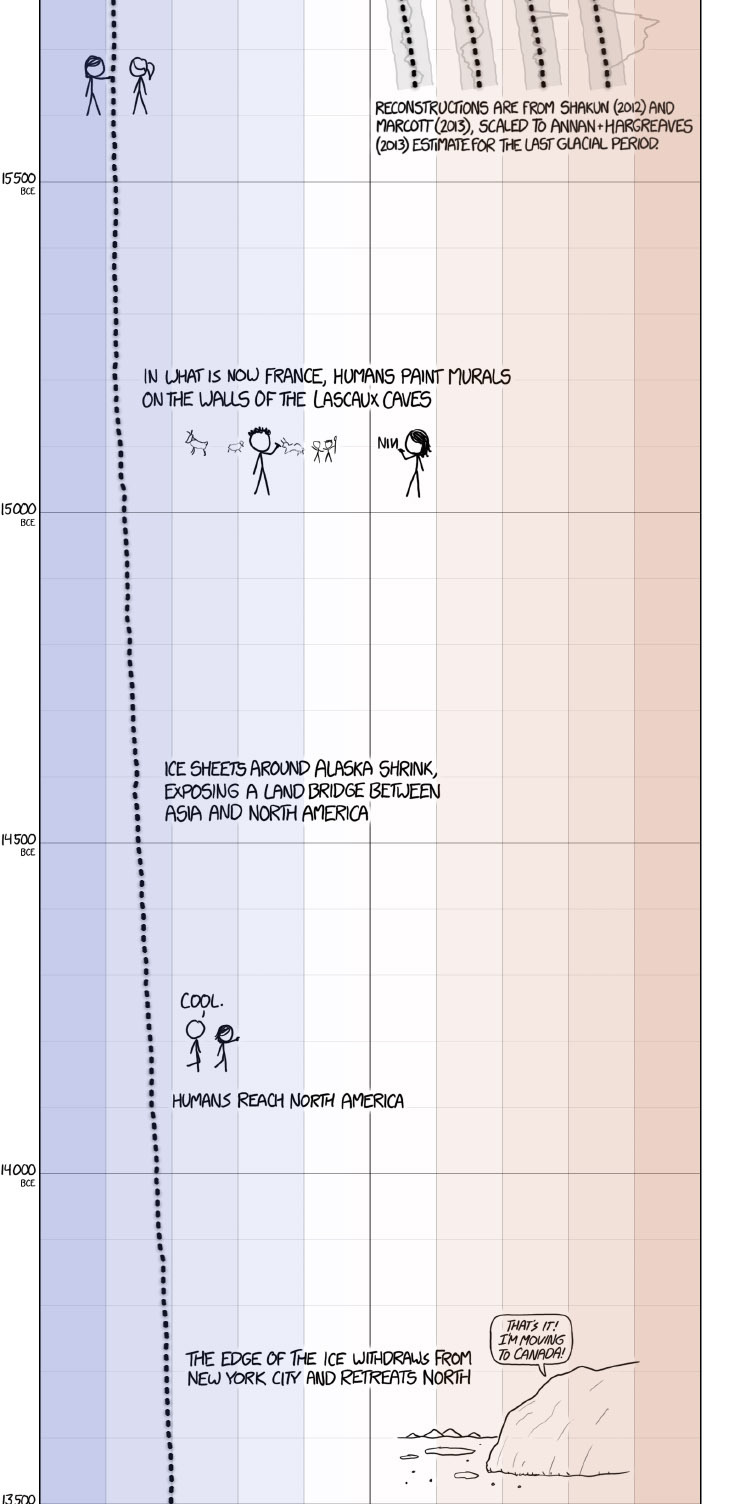



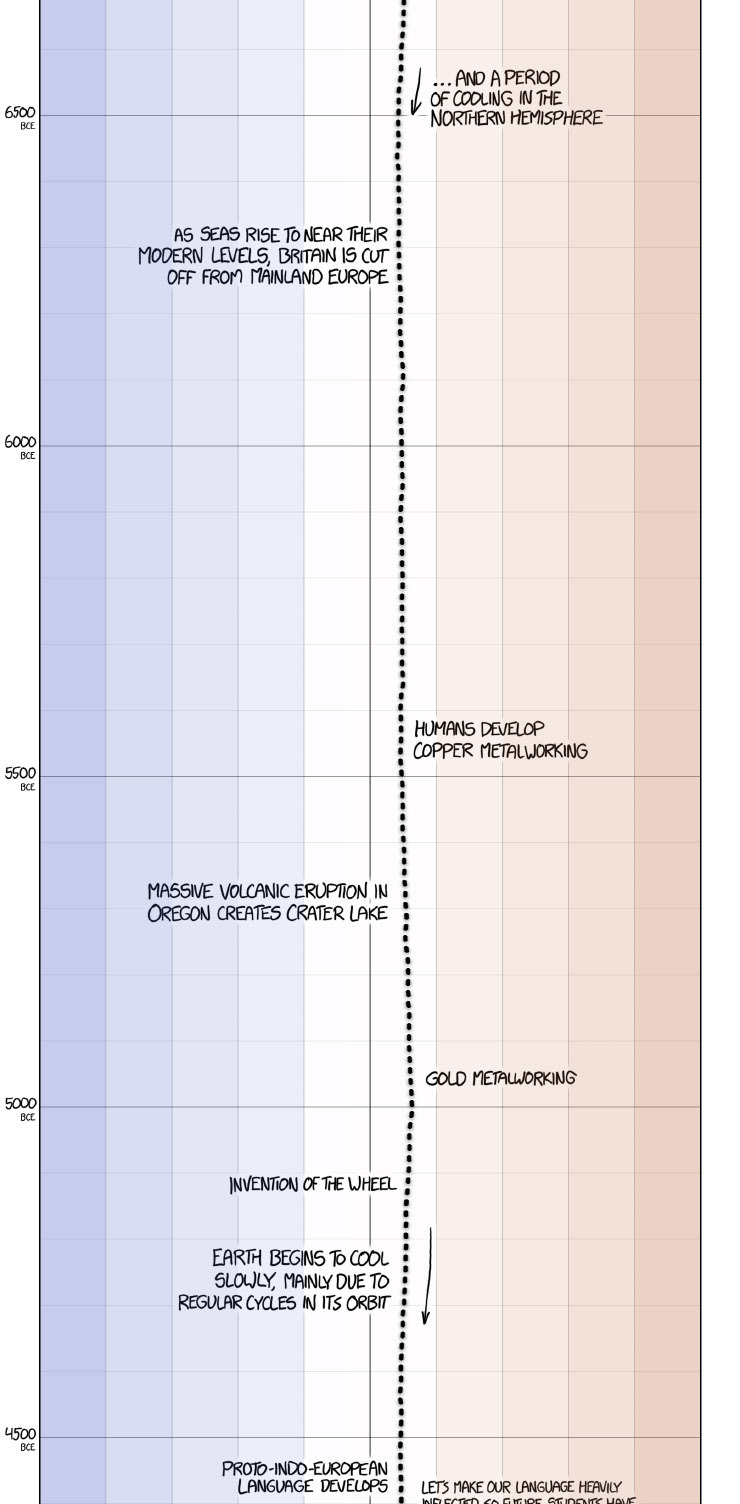
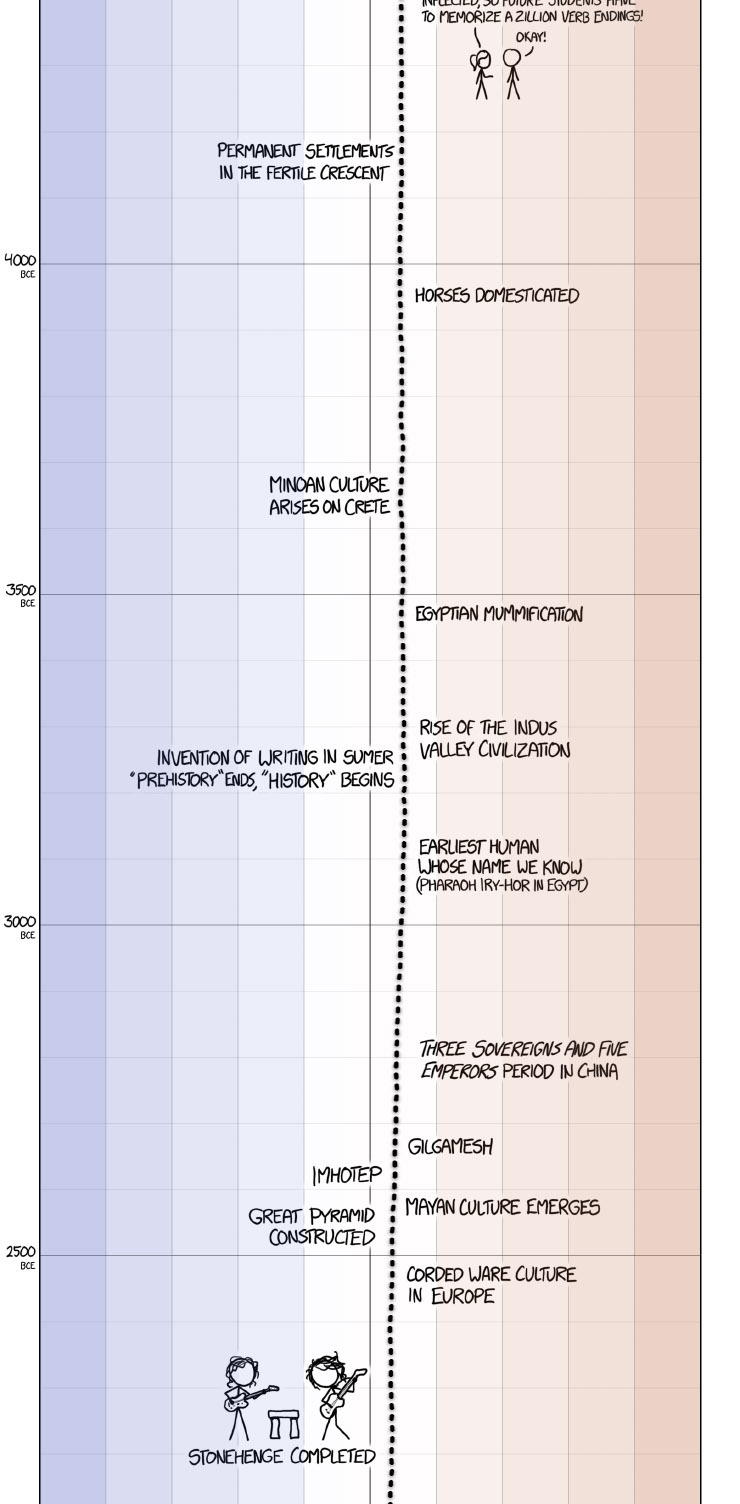


XKCD’s excellent presentation on historical global temperature and anthropogenic global warming.
[After setting your car on fire] “Listen, your car’s temperature has changed before.”

-
 pa5510n3 liked this · 2 weeks ago
pa5510n3 liked this · 2 weeks ago -
 sleepydreameroncloud9 reblogged this · 1 month ago
sleepydreameroncloud9 reblogged this · 1 month ago -
 rachd0213 reblogged this · 2 months ago
rachd0213 reblogged this · 2 months ago -
 rachd0213 liked this · 2 months ago
rachd0213 liked this · 2 months ago -
 rainbowravioli reblogged this · 2 months ago
rainbowravioli reblogged this · 2 months ago -
 cantdrivepasttheplaces liked this · 4 months ago
cantdrivepasttheplaces liked this · 4 months ago -
 huggalaboogity liked this · 5 months ago
huggalaboogity liked this · 5 months ago -
 hera-the-shoggoth liked this · 5 months ago
hera-the-shoggoth liked this · 5 months ago -
 annita89e5qypoh liked this · 6 months ago
annita89e5qypoh liked this · 6 months ago -
 spinner-of-stories reblogged this · 6 months ago
spinner-of-stories reblogged this · 6 months ago -
 ligarenosmnes reblogged this · 6 months ago
ligarenosmnes reblogged this · 6 months ago -
 rogiii6 reblogged this · 7 months ago
rogiii6 reblogged this · 7 months ago -
 rogiii4 reblogged this · 7 months ago
rogiii4 reblogged this · 7 months ago -
 alimpsonsnotdragonfable reblogged this · 8 months ago
alimpsonsnotdragonfable reblogged this · 8 months ago -
 drawingofevanbeingsalty reblogged this · 9 months ago
drawingofevanbeingsalty reblogged this · 9 months ago -
 drawingofevanbeingsalty liked this · 9 months ago
drawingofevanbeingsalty liked this · 9 months ago -
 neckwolde reblogged this · 9 months ago
neckwolde reblogged this · 9 months ago -
 mijnnaamischarlie reblogged this · 10 months ago
mijnnaamischarlie reblogged this · 10 months ago -
 texugorajado reblogged this · 10 months ago
texugorajado reblogged this · 10 months ago -
 joevett reblogged this · 11 months ago
joevett reblogged this · 11 months ago -
 kittenzvrzpuppiezkittenzwin reblogged this · 11 months ago
kittenzvrzpuppiezkittenzwin reblogged this · 11 months ago -
 magsimags reblogged this · 11 months ago
magsimags reblogged this · 11 months ago -
 thebeloathed liked this · 11 months ago
thebeloathed liked this · 11 months ago -
 zomb1edude liked this · 11 months ago
zomb1edude liked this · 11 months ago -
 little-drop-of-water reblogged this · 11 months ago
little-drop-of-water reblogged this · 11 months ago -
 little-drop-of-water liked this · 11 months ago
little-drop-of-water liked this · 11 months ago -
 teal-skull reblogged this · 11 months ago
teal-skull reblogged this · 11 months ago -
 teepussilakana reblogged this · 11 months ago
teepussilakana reblogged this · 11 months ago -
 teepussilakana liked this · 11 months ago
teepussilakana liked this · 11 months ago -
 inthehistoryofever reblogged this · 11 months ago
inthehistoryofever reblogged this · 11 months ago -
 merzbuilds liked this · 11 months ago
merzbuilds liked this · 11 months ago -
 misssickn liked this · 1 year ago
misssickn liked this · 1 year ago -
 rollinghillside liked this · 1 year ago
rollinghillside liked this · 1 year ago -
 chaos-is-my-lifeblood reblogged this · 1 year ago
chaos-is-my-lifeblood reblogged this · 1 year ago -
 chaos-is-my-lifeblood liked this · 1 year ago
chaos-is-my-lifeblood liked this · 1 year ago -
 lilalitschi liked this · 1 year ago
lilalitschi liked this · 1 year ago -
 unindoctrinated125 liked this · 1 year ago
unindoctrinated125 liked this · 1 year ago -
 colourtothevoid reblogged this · 1 year ago
colourtothevoid reblogged this · 1 year ago -
 king-kupo liked this · 1 year ago
king-kupo liked this · 1 year ago -
 rooksnooks reblogged this · 1 year ago
rooksnooks reblogged this · 1 year ago -
 rooksnooks liked this · 1 year ago
rooksnooks liked this · 1 year ago -
 staysillyhehe liked this · 1 year ago
staysillyhehe liked this · 1 year ago -
 traffic-wizard reblogged this · 1 year ago
traffic-wizard reblogged this · 1 year ago -
 traffic-wizard liked this · 1 year ago
traffic-wizard liked this · 1 year ago -
 websterweaver reblogged this · 1 year ago
websterweaver reblogged this · 1 year ago -
 mydonkeyfeet reblogged this · 1 year ago
mydonkeyfeet reblogged this · 1 year ago -
 mydonkeyfeet liked this · 1 year ago
mydonkeyfeet liked this · 1 year ago -
 des8pudels8kern reblogged this · 1 year ago
des8pudels8kern reblogged this · 1 year ago




